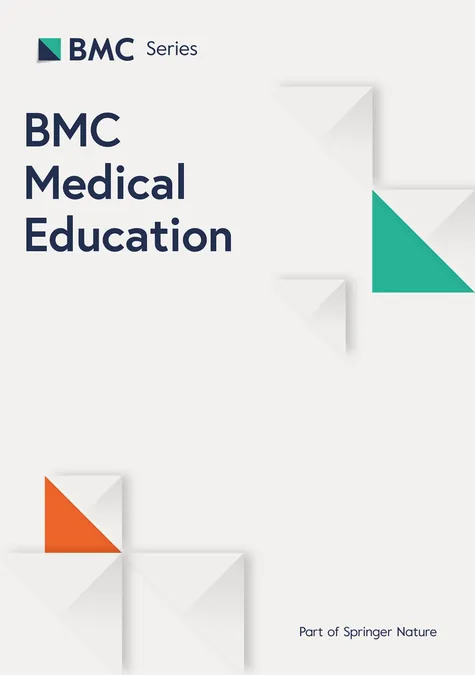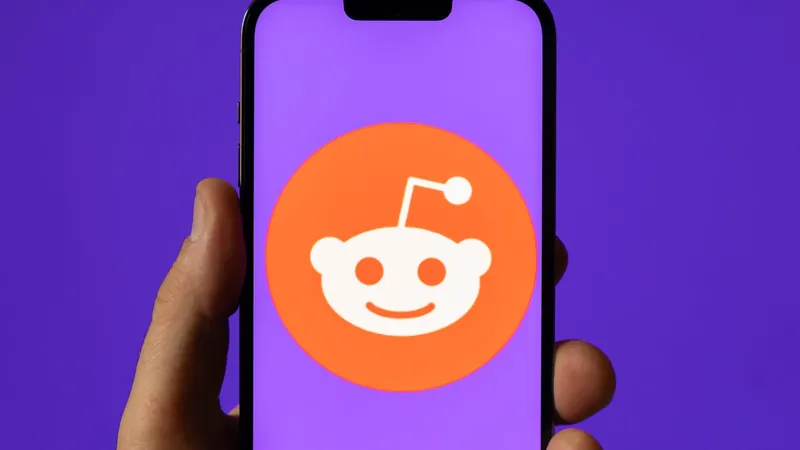
Revolutionizing Medical English Education: How Tech and Gamification Could Overcome Learning Barriers
2025-07-12
Author: Daniel
The Importance of English in Medical Education
In today's globalized world, mastering English for Medical Purposes (EMP) is crucial for aspiring doctors, especially in non-English-speaking countries. English has become the lingua franca of medical literature, conferences, and collaborative research, making proficiency in the language indispensable for effective communication among medical professionals.
Beyond academic necessity, effective communication in English empowers future physicians to connect with diverse patient populations, understand medical histories, and convey treatment plans clearly. This proficiency directly contributes to higher standards of patient care and safety.
Challenges in Teaching Medical English
Integrating English language training into medical curricula comes with its own set of hurdles. Teachers often grapple with insufficient understanding of medical terminology and problems engaging students in clinical contexts. Students, on the other hand, struggle with specialized vocabulary and understanding, greatly impacting their learning experience.
Research has shown that novice instructors in places like Saudi Arabia face steep learning curves when trying to adapt English words to medical contexts, stressing the need for targeted teacher training programs. In China, the need for collaborative learning strategies among students was emphasized, presenting a clear call for refined teaching methodologies.
The Role of Gamification in Overcoming Learning Obstacles
Gamification, the integration of game-design elements into non-game contexts, has emerged as a promising strategy to enhance student engagement and motivation. It supports contemporary pedagogical methods that encourage active participation.
In medical education settings, gamified learning has shown potential in boosting knowledge retention and enhancing teamwork, creating more immersive educational experiences. However, most research has focused on quantitative assessments, leaving a significant gap in understanding the qualitative experiences of students and educators.
A Qualitative Study on EMP Education in Iran
To fill this gap, a recent qualitative study examined the challenges in teaching English in Iranian medical universities. Conducted across multiple institutions, it involved in-depth interviews with both students and instructors to gather insights on the unique hurdles within medical English education.
The study highlights critical areas such as outdated teaching materials, inconsistent engagement, and the need for improved pedagogical training. It also points to the potential of technology in creating a more interactive and engaging learning environment.
Curriculum Changes and Policy Implications
Notably, shifts in the English language requirements for medical school admissions in Iran—where English is no longer part of assessments—have undermined students' motivation to acquire the language. This presents an urgent need for new strategies to rekindle interest in language learning within medical curricula.
Through gamification and technology integration, the study advocates for a transformation of EMP instruction to better prepare future healthcare professionals.
Conclusion: The Future of Medical English Education
As this qualitative research reveals, addressing the multifaceted challenges in medical English education requires a comprehensive approach that includes policy shifts, enhanced teacher training, and the embrace of innovative instructional methods. The insights gleaned from the needs of both students and educators provide a pathway for curriculum reform and the development of supportive teaching tools.
This exploration not only aims to improve language education but also enriches the overall medical training experience, equipping future physicians to thrive in an interconnected world.




 Brasil (PT)
Brasil (PT)
 Canada (EN)
Canada (EN)
 Chile (ES)
Chile (ES)
 Česko (CS)
Česko (CS)
 대한민국 (KO)
대한민국 (KO)
 España (ES)
España (ES)
 France (FR)
France (FR)
 Hong Kong (EN)
Hong Kong (EN)
 Italia (IT)
Italia (IT)
 日本 (JA)
日本 (JA)
 Magyarország (HU)
Magyarország (HU)
 Norge (NO)
Norge (NO)
 Polska (PL)
Polska (PL)
 Schweiz (DE)
Schweiz (DE)
 Singapore (EN)
Singapore (EN)
 Sverige (SV)
Sverige (SV)
 Suomi (FI)
Suomi (FI)
 Türkiye (TR)
Türkiye (TR)
 الإمارات العربية المتحدة (AR)
الإمارات العربية المتحدة (AR)